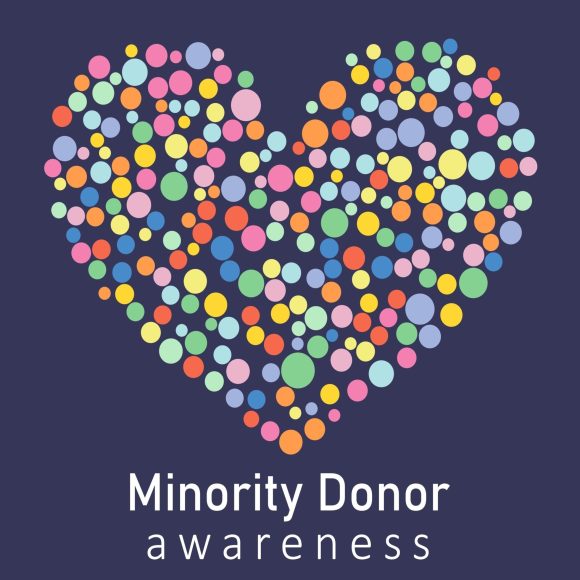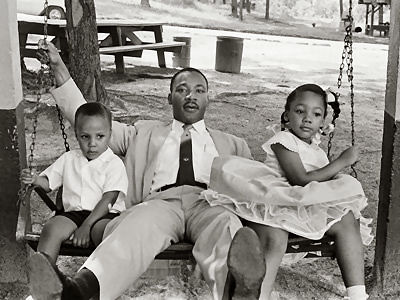
Organ and blood donation is a cause that is near and dear to my heart. Not only have I had 20 more years with my grandfather, thanks to the generous and selfless gift of a donor and his/her family, but I work as a registered nurse on a hematology/oncology/bone marrow transplant unit. I have cared for not just bone marrow transplant recipients, but kidney and liver transplant recipients as well. The medical marvel of organ and tissue transplantation is an amazing gift of life for those who need that chance. However, there is no denying that even with transplantation, there are restrictions that minority communities have when it comes to getting a donor.
You may have come across a bone marrow drive or seen advertising for a drive on social media or on a flyer at a store. Maybe you even went to one, got swabbed, and/or signed up for the bone marrow registry. If you have given birth to your child(ren) in a hospital, you may remember filling out the detailed paperwork to donate your baby’s cord blood in between breathing through your contractions. You may have checked the box when you renewed your driver’s license stating you want to be an organ donor. These are some of the ways people can sign up to become a donor, a life-changing moment that can have a lasting impact on multiple people.
It is not a secret that the waiting list for organ or tissue donation is longer than the list of readily available organs or tissue. The National transplant waiting list helps determine matches between a recipient and the donor’s organs and/or tissues. Matches are determined by “blood type, body size, how sick they are, donor distance, tissue type, and time on the list. Sexual orientation, gender, gender identity or expression, race, income, celebrity, and social status are never considered.” While race is not considered, it is important to note better matches for recipients are often found within the same racial and genetic backgrounds. According to Donate Life Missouri, for the best outcome with organ and tissue transplant recipients, it is preferred to try and match the recipient’s racial and genetic makeup with the donor’s racial and genetic makeup.
August is National Minority Donor Awareness Month, and August 1-7th is National Minority Donor Awareness Week. National Minority Donor Awareness Month is about bringing education on organ and tissue donation to minority communities such as African Americans, Native Americans, Asian/Pacific Islanders, and Hispanics. The National transplant waiting list includes 58% of people from these communities. Of all the organ donors in 2020, only 34% were minority. The greatest need of organ transplant among minority groups is kidneys which continues to rise over the years. This shows how great the need for donors from the minority communities are. By bringing education to these communities, the goal is to lessen the disparities for minority groups with organ, tissue, and bone marrow donations.
Please know that even if you are not a minority, signing up to be an organ or tissue donor does not mean you cannot help those in the minority communities. The need for organ, tissue, and bone marrow donation is so great that all eligible donors are welcomed. Finding out you are eligible starts with registering to become a donor. It is the difference of being able to help a child have a second chance at life after fighting acute myeloid leukemia. It can help a mother spend more time with her family versus going to dialysis three days a week for several hours. If you are interested in being a donor and have not signed up, please register at www.registerme.org. If you are interested in being a bone marrow donor, please register at www.bethematch.org. Don’t forget to check the box on your driver’s license to be an organ donor or fill out that tedious paperwork as you check in to the hospital to give birth to your child. Let’s lessen the gap for minority communities when it comes to organ, tissue, and bone marrow transplant. As the granddaughter of a heart transplant recipient, I leave you with this– there is no greater gift you could give.









